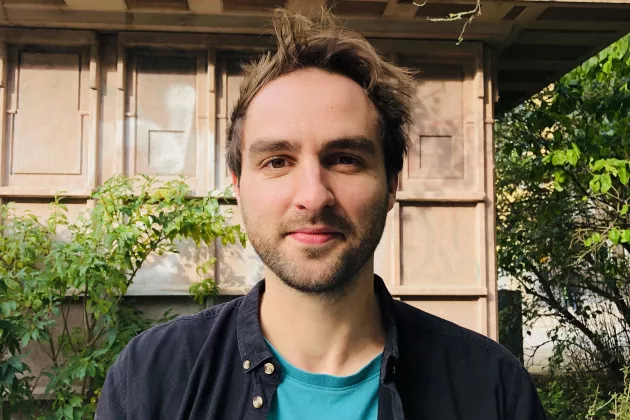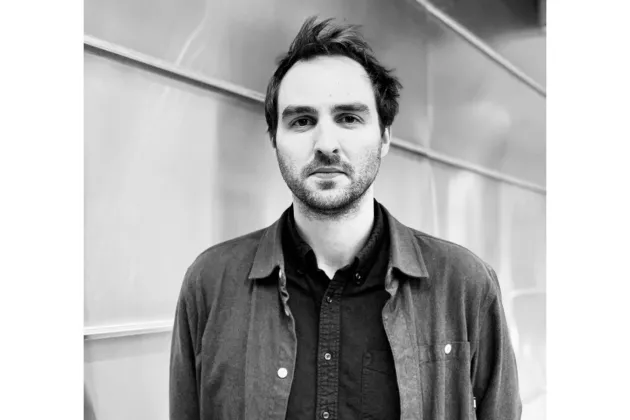Repetitive DNA sequences make up more than 50% of our genomes. Despite their abundance, scientists have yet to fully understand their role in human biology – in large part due to technological limitations in studying these genetic repeats. Christopher Douse, research group leader at Lund University's Lund Stem Cell Center, plans to explore this puzzling portion of the genome to to find answers to longstanding questions.
"It’s no exaggeration to say that we're at the dawn of a new genomic era in which the systematic study of repeats and their functions is possible," says Christopher Douse. "This unexplored area is a rich potential source of new biology and insights into how repetitive DNA affects human health."
While some repetitive sequences are known to play an important role in how cells function, others can be harmful. In fact, repetitive DNA sequences have been linked to various diseases, including neurological conditions. “Despite this, there is a significant gap between these established associations and studies that examine the role of repetitive elements in biological processes and disease development” shares Christopher Douse. ”Recent technological advancements like long-read sequencing, which can resolve repetitive sequences with unprecedented accuracy, mean that we can now begin to better understand this.”
To bridge this gap, Christopher and his team will use new CRISPR-based tools and long-read sequencing techniques to analyze the genetic basis of neurological diseases. Their goal is to identify the factors that control repetitive elements at the epigenetic level.Their approach will involve using organoids, 3D models of the brain made from stem cells, to understand how the epigenetic control of repetitive elements impacts neural development and function. By closely examining models of three disorders with established genetic associations to repeats – Fragile X syndrome, X-linked Dystonia Parkinsonism, and MORC2-syndromes – the researchers hope to uncover common themes and mechanisms that underpin how repetitive elements contribute to the development of brain disorders.
Over the next four years, Christopher Douse has set his sights on growing his team and partnering with researchers from around the world to help expand the frontiers of neurodegeneration research. "Being part of the CZI network is an amazing opportunity. Most of the network is based in the US, and it's exciting to represent Sweden among them," said Christopher Douse. He believes that the grant will provide the necessary focus and resources to gain new perspectives and insights on human brain development and degeneration.





